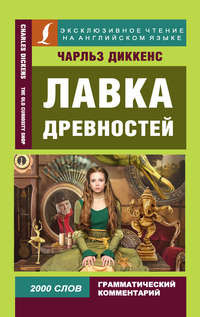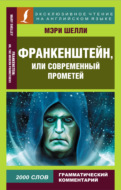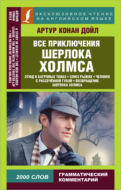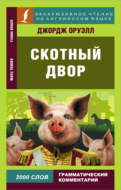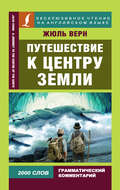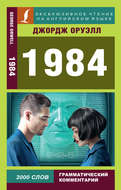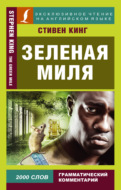Kitabı oku: «Лавка древностей / The Old Curiosity Shop», sayfa 3
Bir şeyler ters gitti, lütfen daha sonra tekrar deneyin
3,3
17 puan
₺113,46
Türler ve etiketler
Yaş sınırı:
12+Litres'teki yayın tarihi:
16 ocak 2019Yazıldığı tarih:
2018Hacim:
200 s. 1 illüstrasyonISBN:
978-5-17-106130-2Adaptasyon:
Telif hakkı:
Издательство АСТSeriye dahil "Эксклюзивное чтение на английском языке"
